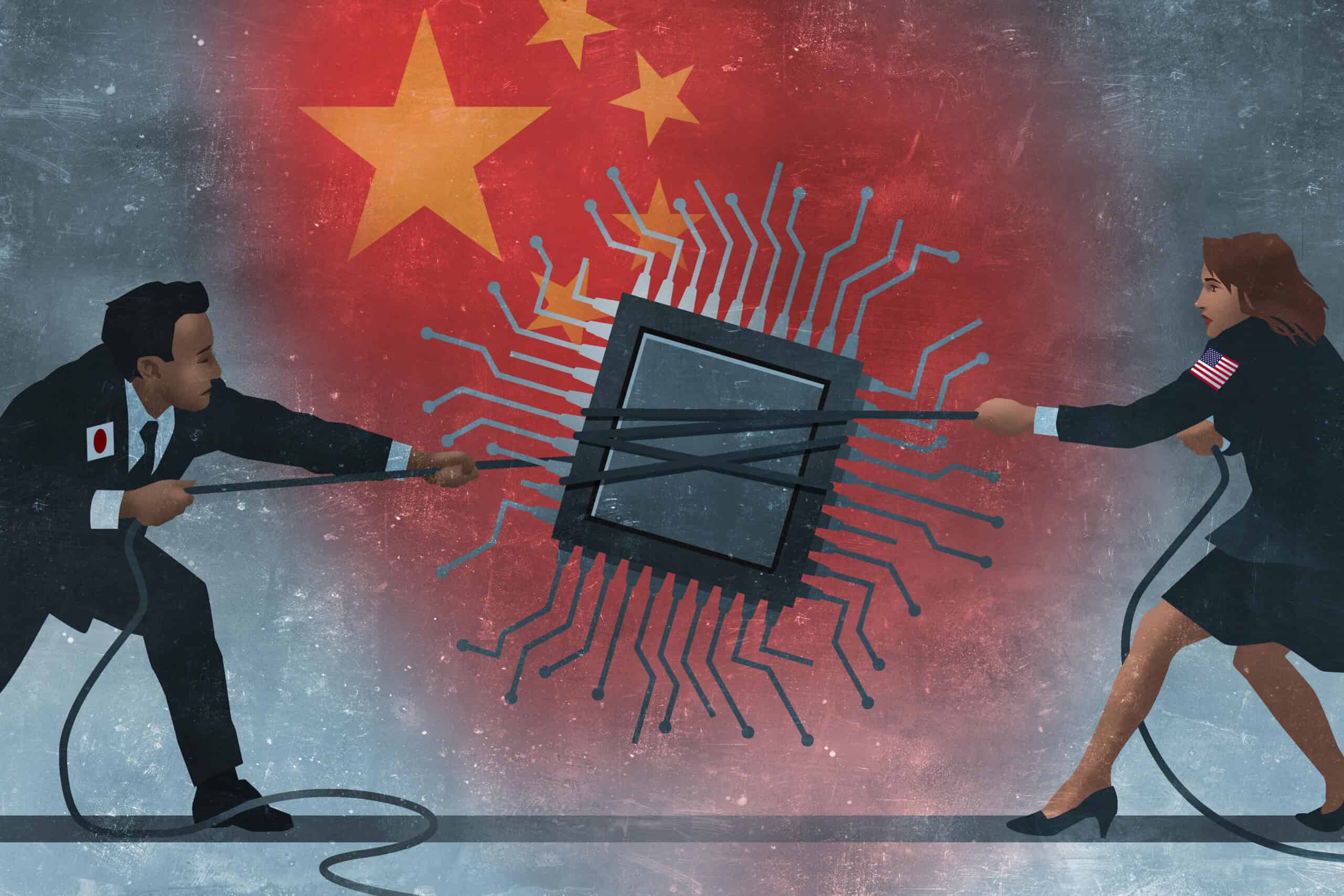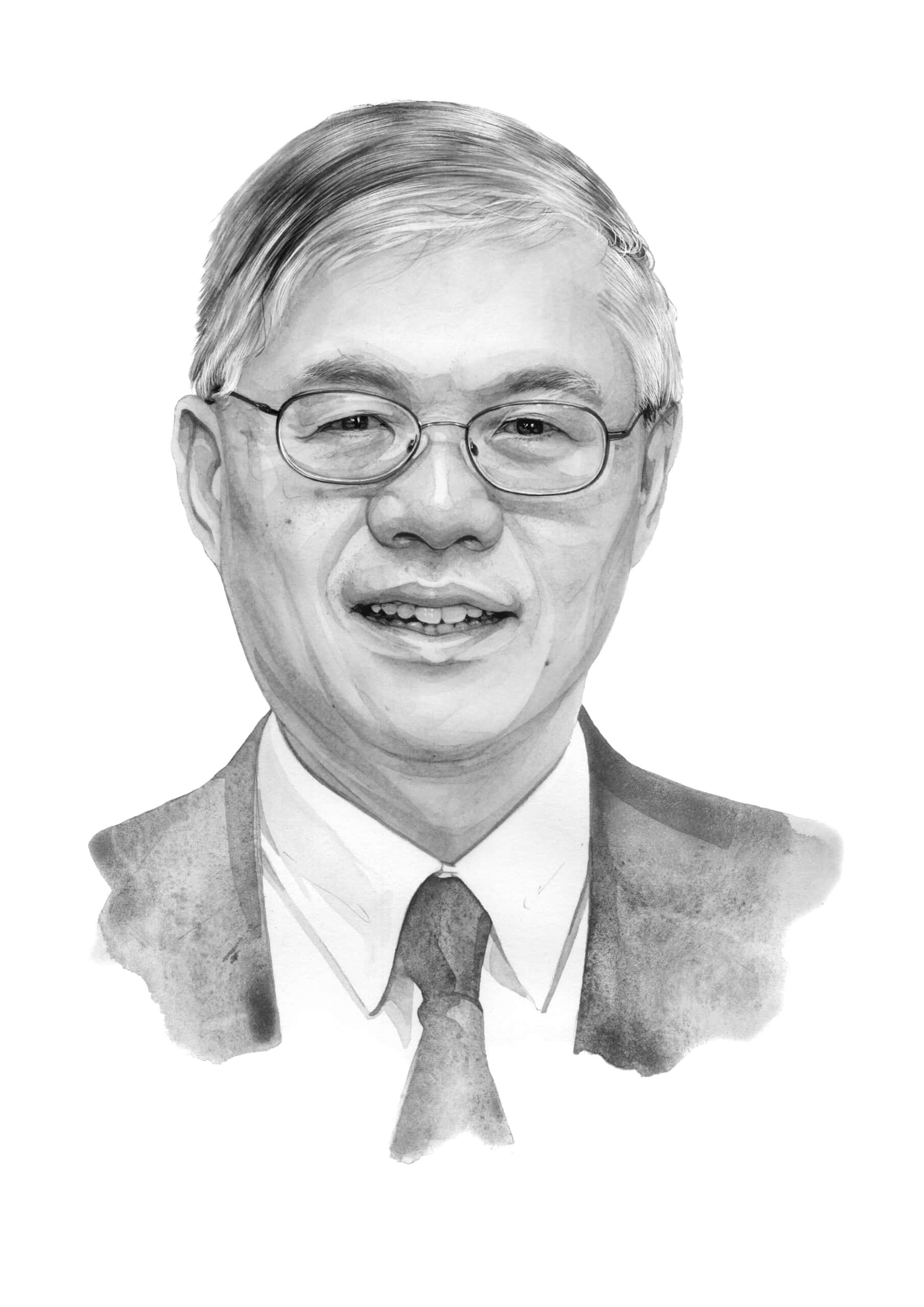Good evening. On the 83rd floor of One World Trade Center, the office of Khan Funds — once one of China’s hot investment funds — sits empty. Our cover story this week delves into the strange saga of its CEO, Eric Dai, a man portrays himself as a courageous whistleblower who helped stop a Chinese plot to steal U.S. technology — but to his critics is an audacious thief. Elsewhere, we have infographics on the recent U-turns in China’s policies; an interview with Paul Heer about the danger of overstating China’s ambitions; a reported piece on how Jimmy Lai’s trial is reshaping Hong Kong’s judiciary; and an op-ed from Yuen Yuen Ang about the policy reforms China actually needs to sustain longterm growth. If you’re not already a paid subscriber to The Wire, please sign up here.
Want this emailed directly to your inbox? Sign up to receive our free newsletter.
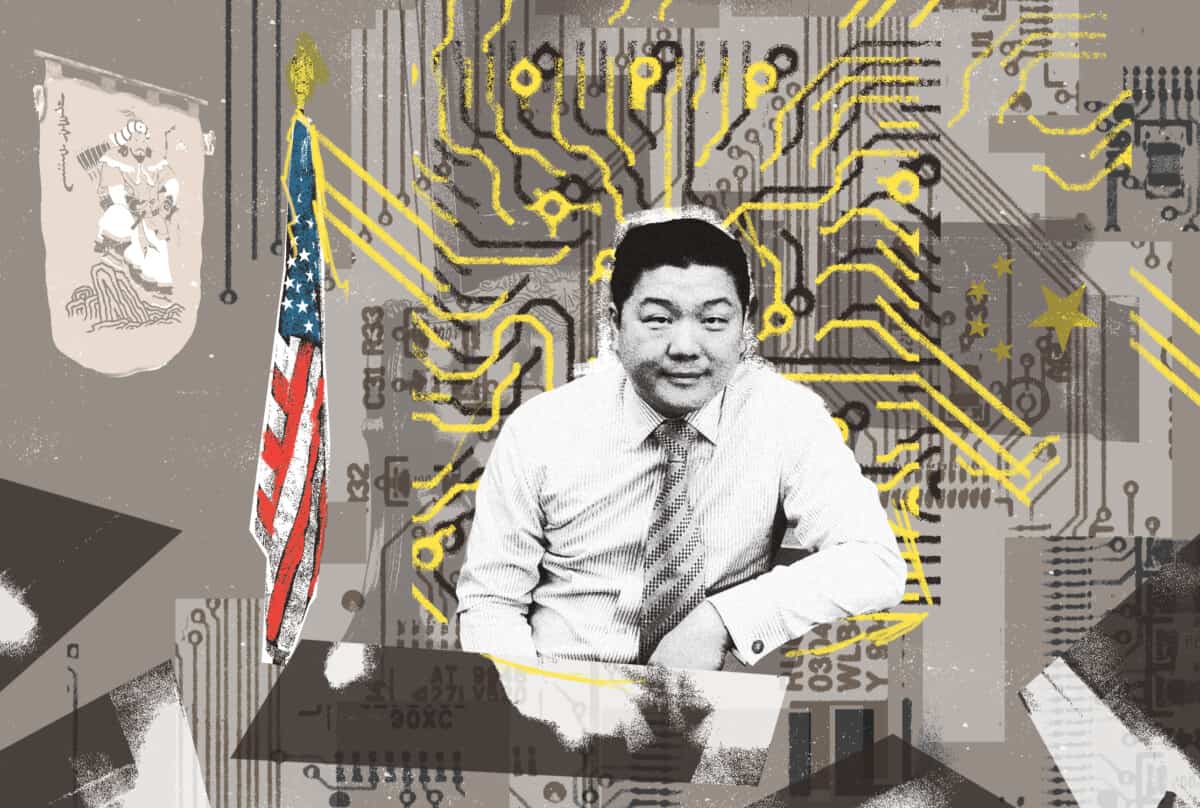
Patriot Games
Did Eric Dai expose a Chinese scheme to steal critical military technology? Or did he steal millions of dollars from a Chinese company by exploiting geopolitical tensions? It’s not entirely clear, but as Katrina Northrop reports, Dai’s saga hits all the high notes of current U.S.-China tensions, including convoluted plots to illicitly acquire U.S. semiconductor technology and extraterritorial schemes to harass, intimidate and coerce the Chinese diaspora. What is clear is that, for Dai, who founded a large investment fund but is now seeking asylum in the U.S., it feels like World War III.
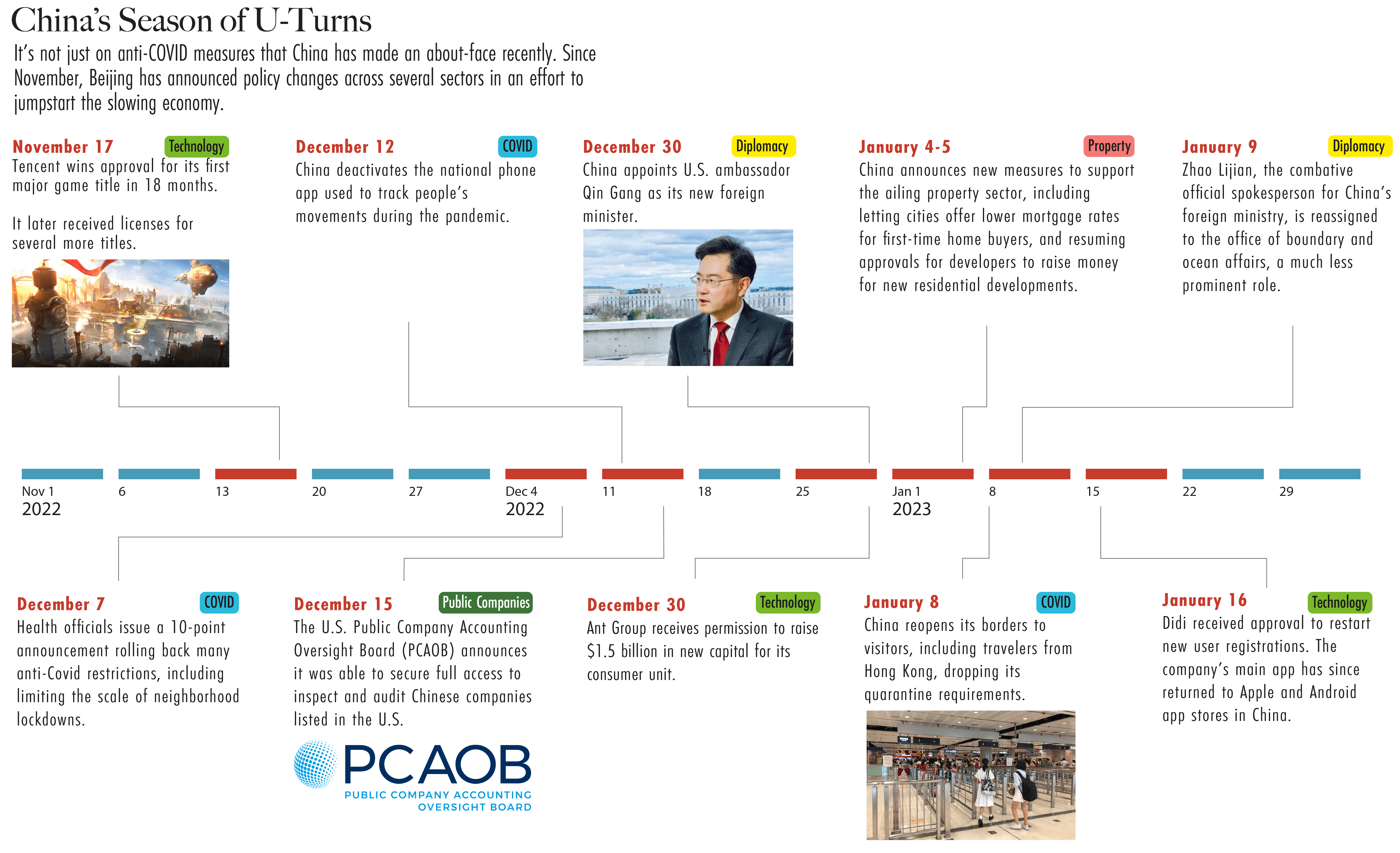
The Big Picture: A Season of U-Turns
It’s not just zero-Covid where China has changed its tune. On property, tech, foreign direct investment and diplomacy, Beijing seems to be adjusting its position too. This week’s infographics by Eliot Chen look at China’s recent policy changes: the sectors affected, what’s changed, and what may stay the same.
A Q&A with Paul Heer

Paul Heer served as National Intelligence Officer for East Asia from 2007 to 2015, a position that capped his long career as a CIA analyst. He’s now a Distinguished Fellow at the Center for the National Interest, where he writes and speaks frequently on the U.S.’s China strategy — particularly its blind spots and misperceptions. In this week’s Q&A with Alex Palmer, he talks about why engagement hasn’t failed, it just hasn’t succeeded yet; why strategic empathy is so hard to do; and why the U.S. needs an approach to multilateralism in East Asia that includes China.
Paul Heer
Illustration by Lauren Crow
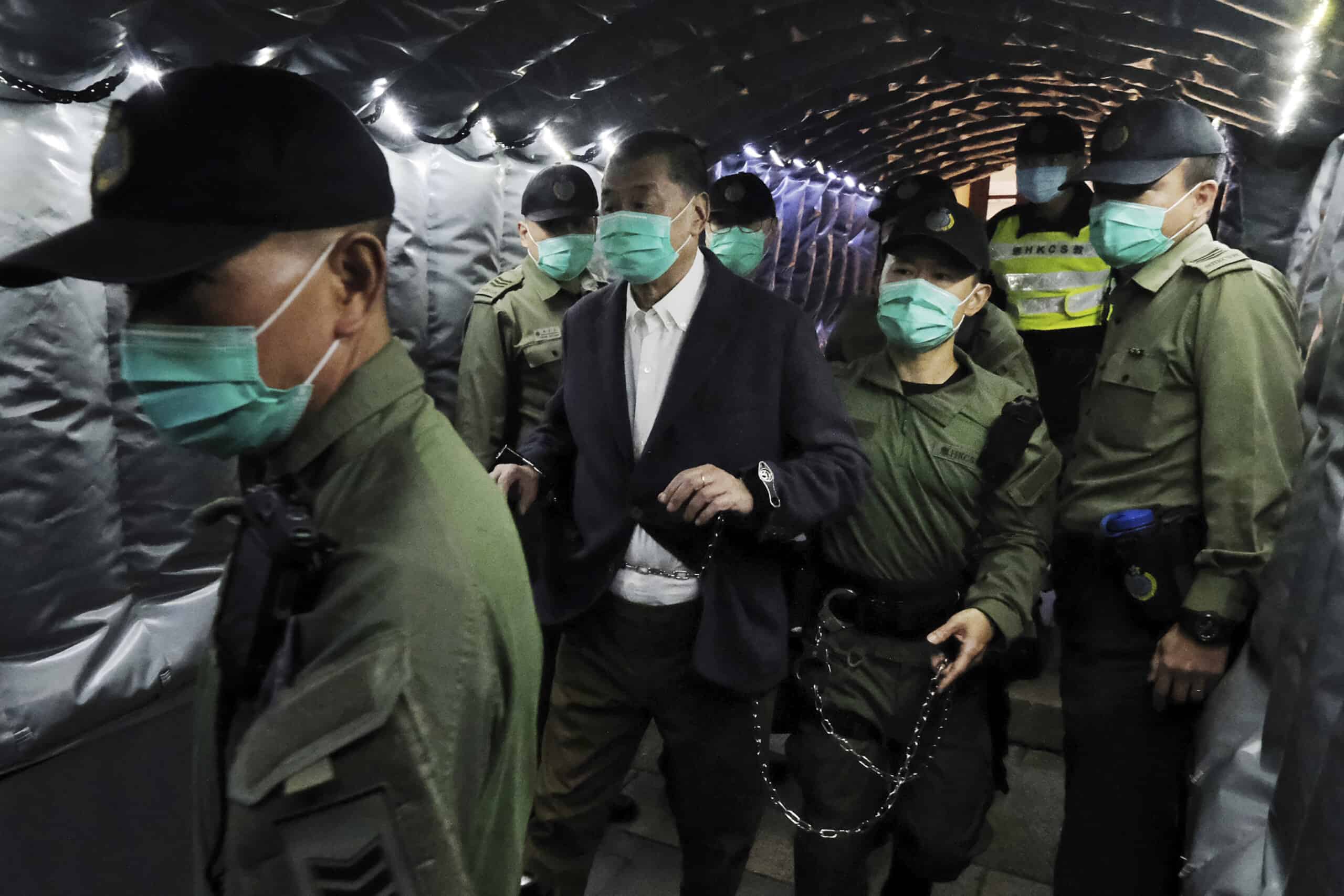
Jimmy Lai’s Day in Court
Hong Kong’s legal system has long been vital to the city’s status as Asia’s leading business and financial center. But Hong Kong’s judiciary is changing under increasingly direct Chinese rule, and, as Eliot Chen reports, these changes are most visible in the drawn-out trial of Jimmy Lai, the media mogul and pro-democracy advocate.
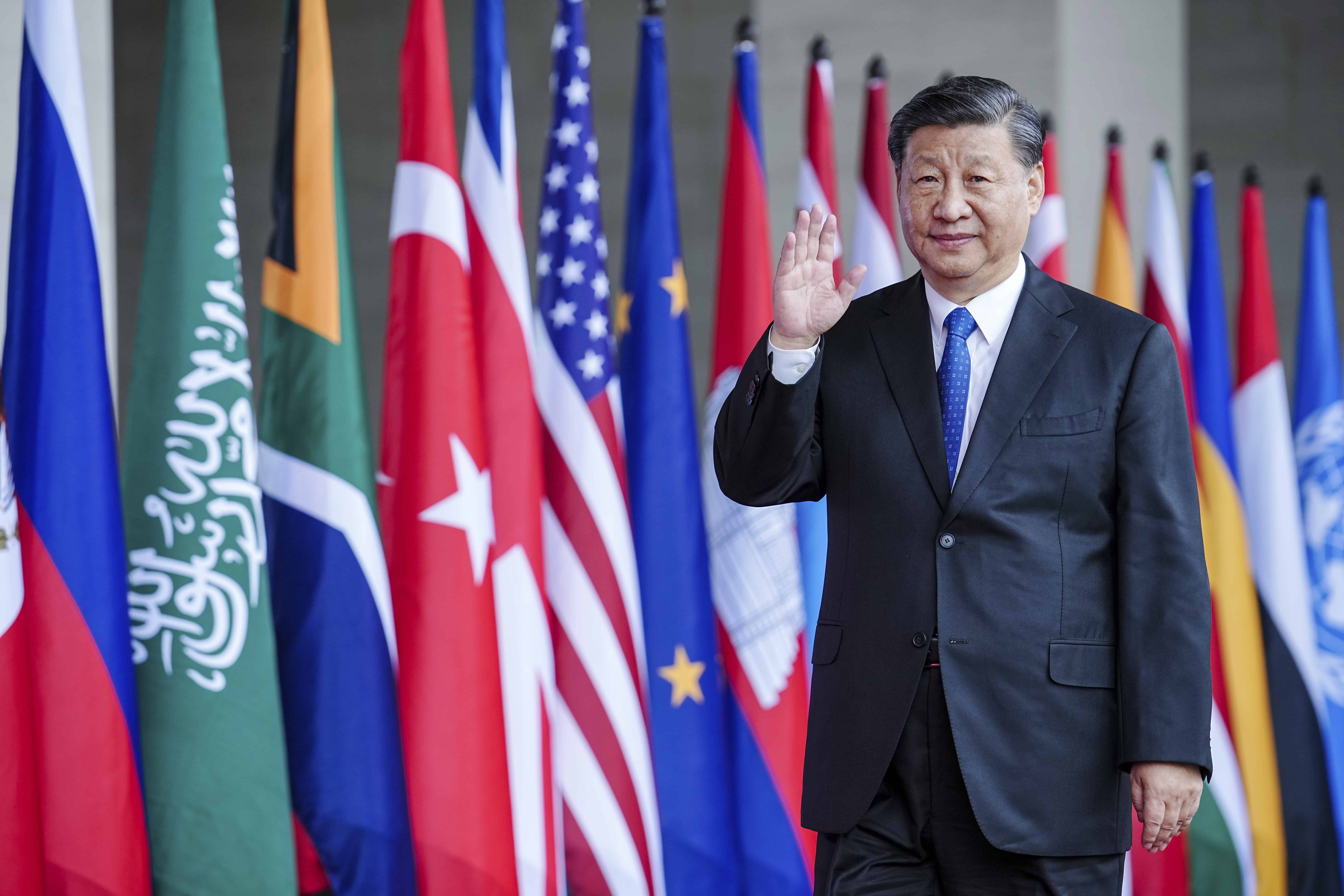
Is China Back?
Over the past two months, China’s leadership has announced major policy reversals that have left global investors and other observers bullish about its economic future. But, as Yuen Yuen Ang writes in this week’s op-ed, correcting past errors is no substitute for the reforms that are needed to deliver robust long-term growth.
Subscribe today for unlimited access, starting at only $19 a month.

